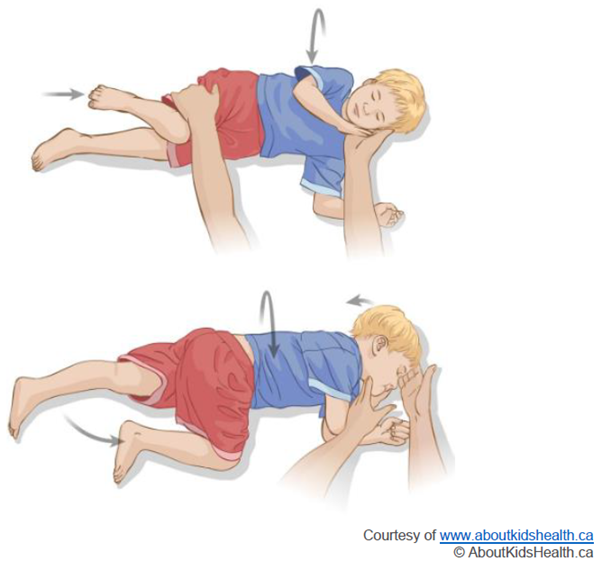Epilepsy can start at any age and there are many different types.
Children can grow out of some types of epilepsy. For many people, epilepsy is a life long condition.
Epilepsy is a condition that affects the brain and causes seizures. Electrical activity is happening in our brains all the time, as networks of tiny brain cells send messages to each other.
These messages control all our thoughts, movements, senses, and body functions. A seizure happens when there is a sudden, intense burst of electrical activity, or misfire, in the brain. This causes the messages between cells to get mixed up. The result is an epileptic seizure. These things have lots of names like fits, seizures, funny turns, and attacks.
Epilepsy can start at any age and there are many different types.
Children can grow out of some types of epilepsy. For many people, epilepsy is a life long condition.
How a seizure affects someone depends on what area of the brain is involved. A person might lose consciousness or might stay aware of what’s happening around them. They might have strange sensations, or movements they can’t control, or they might go stiff, fall to the floor and shake. Other things that might happen are shaking, jerking, drooling, losing focus, and vomiting. Some people may also wet themselves. Some people may get a warning before a seizure called an aura. Some people may feel confused or tired after the seizure.
Anyone can have a one off seizure, but it doesn’t always mean they have epilepsy. People are usually only diagnosed with epilepsy by a doctor if they have more than one seizure.
Do
• Stay calm
• Protect them from injury (remove harmful objects from nearby)
• Cushion or gently hold your child’s head to protect them from head injury
• Note the date and time the seizure started. If stiffness and jerking continues for 5 minutes or more you should call 999 for an ambulance
• Turn your child onto their side, into the recovery position (see below) as soon as you are able (as shown in Image 1). This can help with their breathing and help if they vomit or have other types of fluid in their mouth. Some noisy breathing and slight colour change is common
• If possible, try to video the seizure on a mobile phone as it can provide a lot of useful information to your child’s doctor or nurse. Video can help confirm the type of seizure which then helps decide which tests and treatment may be needed. Try to capture the whole child in the video, say out loud what you are seeing and show how they respond to you
• Stay with your child until they are fully recovered
• Your child may be confused, drowsy or fall asleep after a seizure. Reassure them if they are confused, let them rest or sleep if they are drowsy, make sure you keep an eye on them until they are fully recovered
Do not
• Restrain or restrict your child’s movements
• Move your child unless they are in danger
• Put anything in their mouth
• Give your child anything to eat or drink until they have fully recovered
Call 999 for an ambulance if:
• The stiffness or jerking continues for 5 minutes or more
• One seizure follows another before your child has fully recovered
• Your child is injured, or you are worried about their breathing
Moving a child into the recovery position:

Epilepsy can be frightening, and it can feel lonely. Sometimes other people don't understand what it's like to live with epilepsy. Most people with epilepsy lead full, active lives, attend school, participate in sports, and have no other medical problems. Many young people with epilepsy can fully control their seizures with medication. Some may grow out of their epilepsy.
Young people living with epilepsy say how important it is for them to understand their condition. Making connections with other young people and hearing their experiences can really help.
Explore this website to learn all about epilepsy.
Epilepsy Action has information about epilepsy and living with epilepsy
Young Epilepsy supports children and young people with information and advice about living with epilepsy
Royal College of Paediatric and Child Health information following a first seizure without fever for parents and young people
The Channel is an online space by Young Epilepsy for young people living with epilepsy, including a mental health and wellbeing space and a chance to become a young rep
Medicines for Children is a website to find out more information about medications that your child may have been prescribed
A St John Ambulance trainer demonstrates what to look for if a child is having a seizure, what causes a seizure and what to do to help. Find out more about what causes seizures in children, symptoms and what to do if a child is having a seizure here